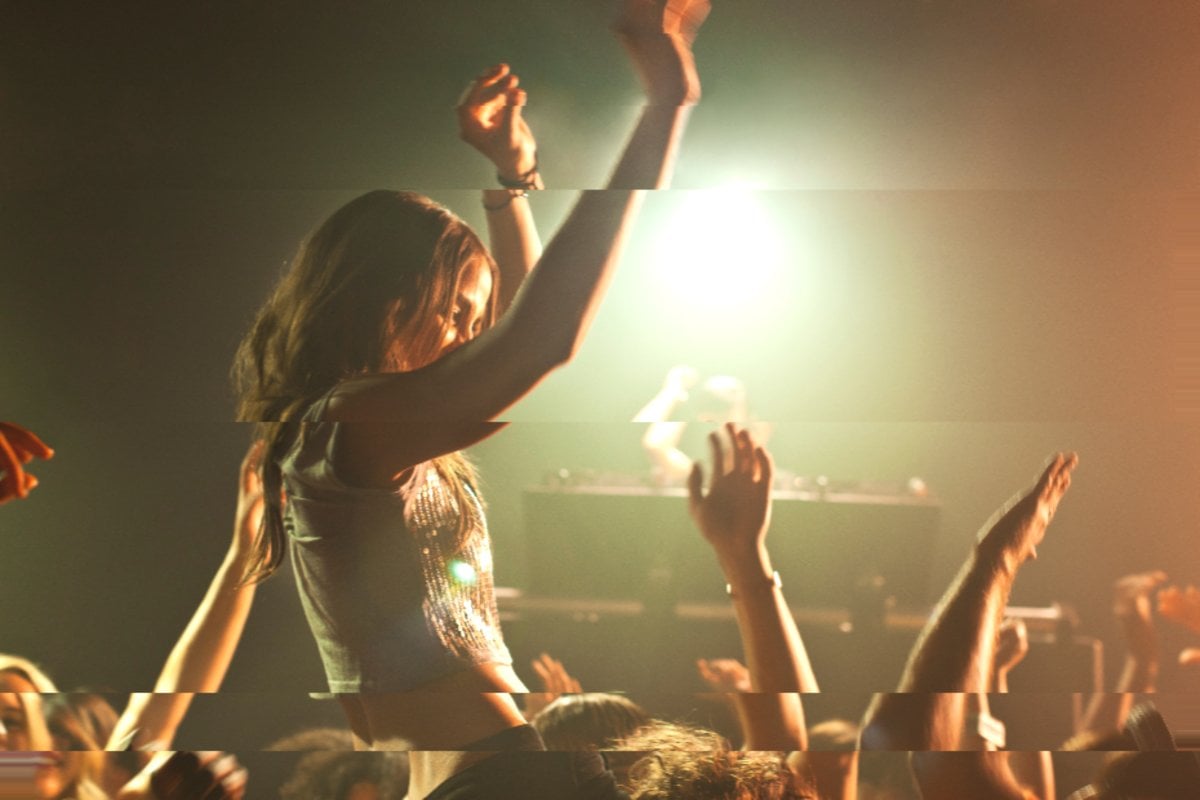
Content warning: This story includes descriptions of sexual assault that may be distressing to some readers.
There's no nice way to put it: Harassment is something women and members of the LGBTQIA+ community have faced since the beginning of time.
One of the spaces in which cases of sexual harassment and/or assault are rife is music venues – we're talking nightclubs, festivals, bars and everywhere in between.
Personally, I've lost track of the amount of times I have been groped and harassed within settings like these – encounters with men who feel they have the right to do what they like with someone else's body, or that touching someone inappropriately without consent is a way to get attention.
Every woman I know has a story that rings eerily reminiscent.
Watch: Stand up to harassment. Post continues below.
Isabelle vividly remembers the moment she was a bar and a man approached one of her friends, grabbing her without consent.
"She was waiting to order a drink, the bar line-up was packed, and it was dimly lit. A clearly very intoxicated man with his group of friends tried to put his hand up her shorts. We told the bar staff and the man was removed from the venue. But it still makes my blood boil that it happened in the first place."

Top Comments